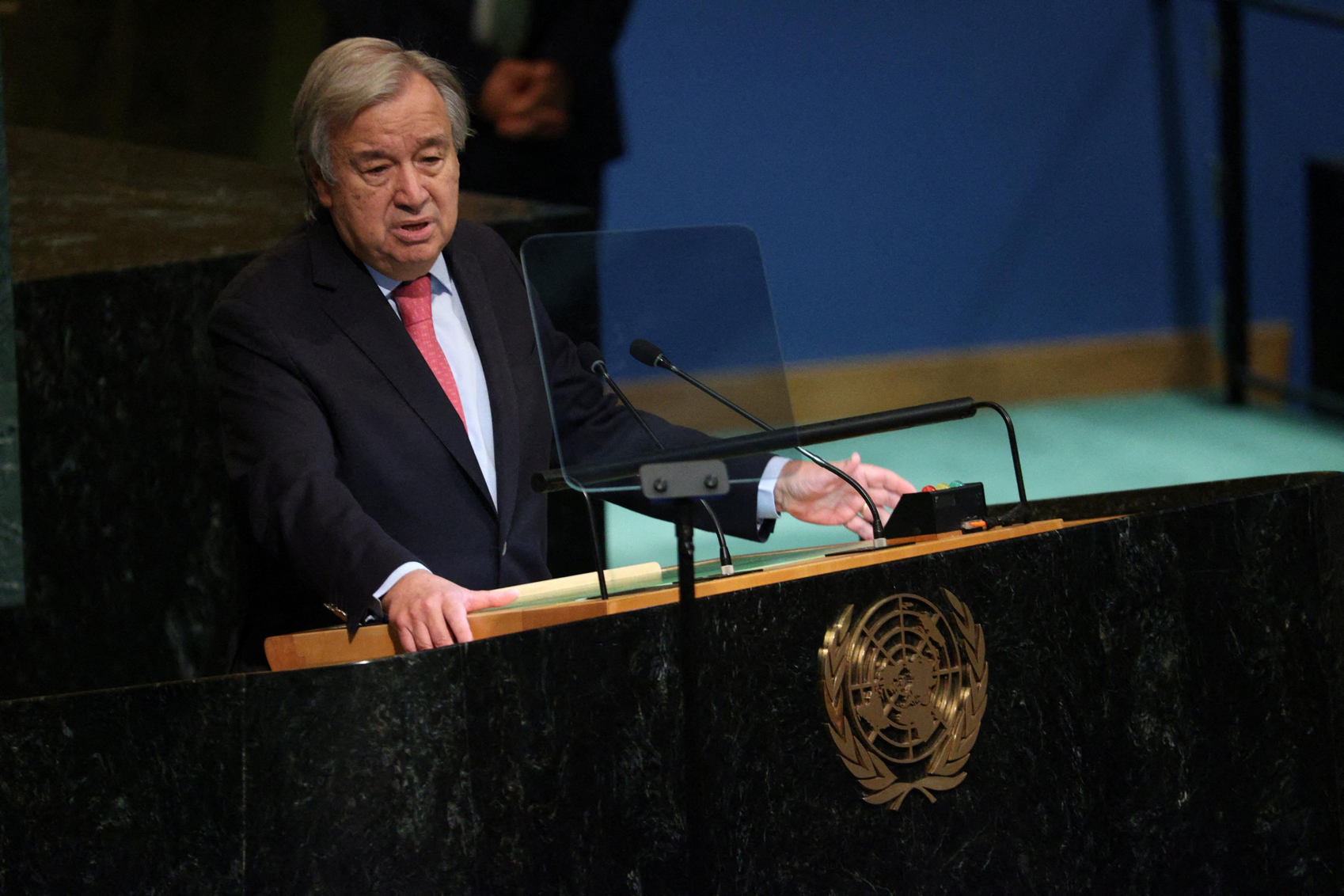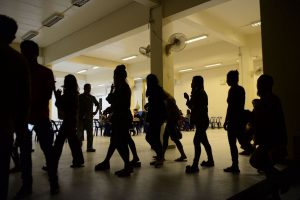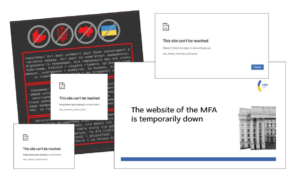UNITED NATIONS (Reuters) – U.N. chief Antonio Guterres has “spoken up very clearly” about Russia’s war in Ukraine and it has not stopped communication with Moscow, a U.N. spokesman said on Thursday, after a Russian warning that cooperation with U.N. officials could be at risk.
Russia’s Deputy U.N. Ambassador Dmitry Polyanskiy said on Wednesday that Moscow will reassess working with Guterres if he sends U.N. experts to Ukraine to inspect drones that Western powers say were made in Iran and used by Moscow in violation of a U.N. Security Council resolution.
“The Secretary General has spoken up very clearly about the war in Ukraine, about the Russian action in Ukraine,” U.N. spokesman Stephane Dujarric told reporters. “That has not stopped our continued discussions with the Russian Federation on a number of issues relating to the conflict, on top of all the other issues that we deal with.”
Dujarric declined to comment directly on Polyanskiy’s remarks.
The Security Council met on Wednesday on Russia’s use of drones in Ukraine at the request of the United States, France and Britain, who argue that the drones are Iranian-made and used by Moscow in violation of a 2015 resolution endorsing the Iran nuclear deal.
Tehran denies supplying the drones to Moscow and Russia has denied its forces used Iranian drones to attack Ukraine.
Ukraine this week invited U.N. experts to inspect some downed drones. Guterres reports twice a year to the Security Council – traditionally in June and December – on the implementation of the 2015 resolution. Any assessment of the drones in Ukraine would likely be included in that report.
Iran and Russia both argue that there is no mandate for Guterres to send experts to Ukraine to inspect the drones.
“We are ready to analyze any information brought to the attention of the Secretary-General by member states,” Dujarric said on Thursday, adding that Guterres’ actions were based on U.N. resolutions and instructions from the council.
A 2016 note to Guterres from the Security Council lays out a largely administrative role for U.N. officials regarding the implementation of the resolution adopted in July 2015. But it also notes that Guterres it required to report twice a year.
U.N. officials have long traveled to inspect evidence. In 2017 they traveled to inspect weapons seized by France and the debris of ballistic missiles fired at Saudi Arabia.
Reporting by Michelle Nichols, Editing by Rosalba O’Brien
Our Standards: The Thomson Reuters Trust Principles




